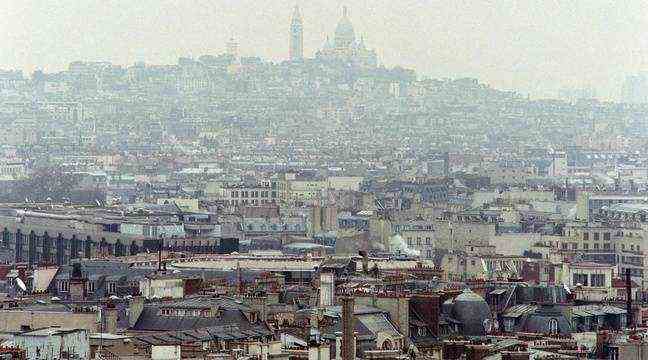More than three in four children breathe polluted air in France. This is the alarming observation made by Unicef and the Climate Action Network in
a study published this Thursday. “This figure is explained by a greater exposure to air pollution in cities, where most children live,” they stress. As a result, these children risk developing various pathologies (asthma, allergies) because of “the immaturity of their bodies and the frequency with which they breathe”.
The report especially points to the vulnerability of poor children, linked to two factors: “poor populations live more in cities, where the level of pollution is higher”, and “socio-economically disadvantaged areas have less green space. , parks ”to offset this exposure.
Invest in bicycles and public transport
The two organizations note, however, that in cities, social environment and exposure to pollution are not always linked. Thus in Lille (North), exposure to nitrogen dioxide “Increases with the level of socio-economic disadvantage”, while “the opposite is observed in Paris”.
Unicef and the Climate Action Network therefore present five recommendations to fight against the “social disadvantage” of pollution, such as better consideration of “children in the development of environmental health policies” and “social issues in the environment. the development of air pollution control policies ”. Concrete solutions have been put forward to “socially support changes in mobility”, through investment in public transport or an increase in the bicycle fund.

